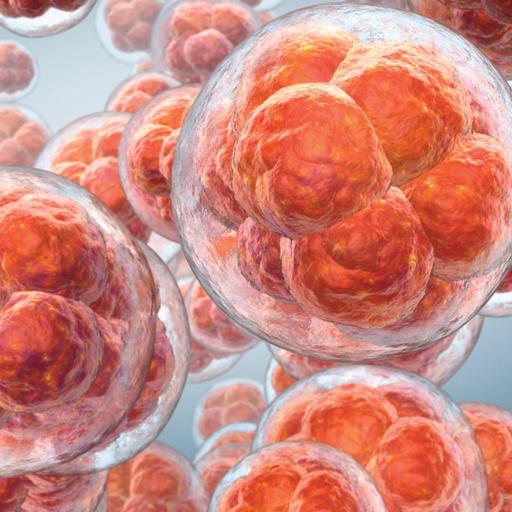Cell Biology
Presentations | English
Cell biology is defined as the study of cells of organisms. This scientific discipline allows cell physiological properties, structure, organelles, interaction, life cycle, division and death of a cell be studied closely and accurately. Both the single celled organisms and multi-cellular organisms are studied with the help of the microscope. The study of molecular mechanisms where proteins are sent to different locations within the cell and how they are secreted is very important in cell biology. Movement of molecules into the cells and outside the cell, and these movements are described as passive and active transport, process of cells consuming their own internal components. In biological sciences, this process is called autophagy. Another process is the cell movement with the help of flagella, cilia, chemo taxis, and contraction. Behaviour of a cell can be controlled too using signals passed from outside environment. A cell has internal structures; chloroplast, cilia, cytoplasm, cytoskeleton, flagella, Golgi apparatus, endoplasmic reticulum, lipid layer, mitochondrion, nucleus, lipid membrane, protein barrier, organelle, ribosome and vesicle.

Free
PPTX (54 Slides)
Cell Biology
Presentations | English
